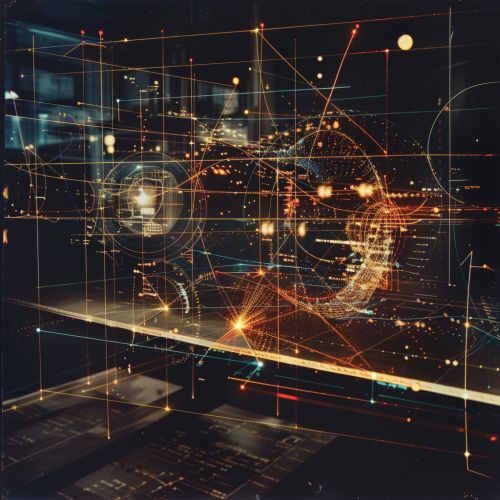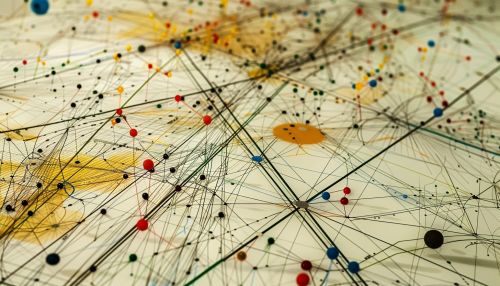Complex Differentiability
Introduction
Complex differentiability is a concept in complex analysis, a branch of mathematics that extends the ideas of differentiability in the real numbers to the complex plane. It is a fundamental tool in the study of complex functions, and has deep connections with other areas of mathematics, such as topology and algebra.
Definition
A complex function f is said to be differentiable at a point z in its domain if the limit
- f'(z) = lim_(h->0) (f(z+h) - f(z))/h
exists. This limit is called the derivative of f at z. If f is differentiable at every point in its domain, we say that f is holomorphic. This is a stronger condition than being differentiable in the real sense, as it requires the function to be differentiable in every direction in the complex plane, not just along the real line.
Properties
Complex differentiable functions have many remarkable properties. For instance, if a function is complex differentiable, then it is also infinitely differentiable, a property that is not shared by real differentiable functions. Moreover, the derivative of a complex differentiable function satisfies the Cauchy-Riemann equations, a pair of partial differential equations that provide a necessary and sufficient condition for a function to be holomorphic.


Holomorphic Functions
Holomorphic functions, also known as analytic functions, are the central objects of study in complex analysis. These functions are complex differentiable in their entire domain, and they possess many powerful properties. For instance, they are infinitely differentiable, and their power series expansion is convergent in a disk around every point in their domain. This property, known as analyticity, is a distinctive feature of complex analysis and is not shared by real analysis.
Applications
Complex differentiability and holomorphic functions have wide applications in various fields of mathematics and physics. In mathematics, they are used in number theory, algebraic geometry, and functional analysis, among others. In physics, they are used in quantum mechanics, electrodynamics, and string theory. The concept of complex differentiability is also crucial in the study of Riemann surfaces, which are surfaces that locally look like the complex plane and on which complex differentiable functions can be defined.
